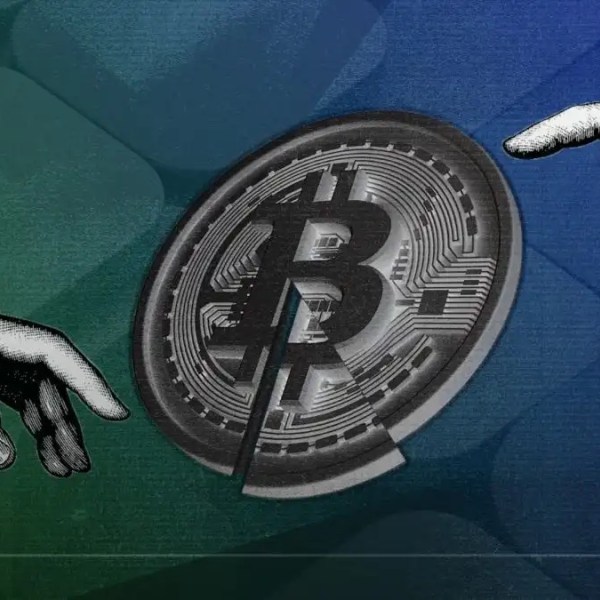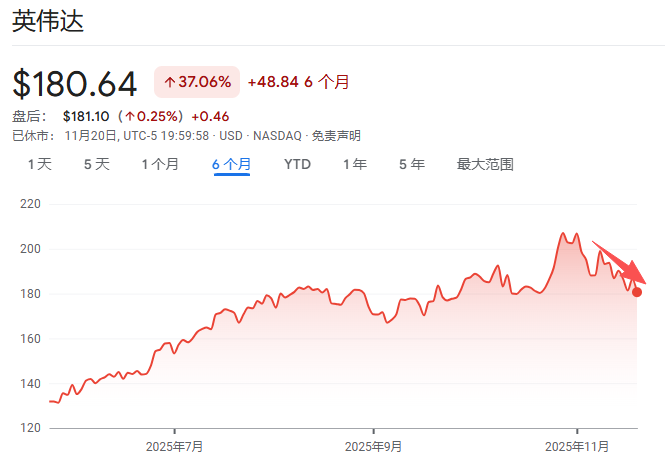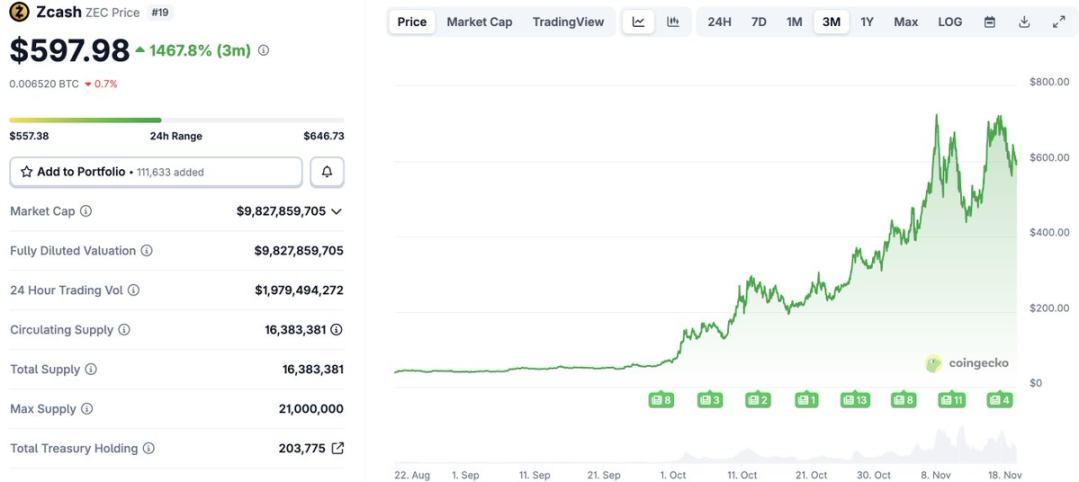US CFTC plans to adopt Nasdaq's monitoring system to expand cryptocurrency supervision
U.S. Commodity Futures Trading Commission (CFTC) issued a statement today stating that it will expand cryptocurrency regulation using Nasdaq's monitoring system to protect the market from fraud, abuse, and manipulation. If Congress passes the legislation currently under consideration in both houses, the role of CFTC in cryptocurrency regulation may significantly expand. CFTC Acting Chairman Caroline Pham stated that the new monitoring system will provide the agency with automatic alerts and "cross-market analysis" capabilities, including obtaining comprehensive order book data to support real-time analysis and decision-making, to prevent and detect abuse in both traditional and crypto asset markets. CFTC is also preparing for the growth of the cryptocurrency market. Earlier this month, CFTC launched the "Crypto Sprint" program, focusing on cryptocurrency futures trading and recommendations from the President's Working Group on Financial Markets for digital assets.
Disclaimer: The content of this article solely reflects the author's opinion and does not represent the platform in any capacity. This article is not intended to serve as a reference for making investment decisions.
You may also like
"AI Godmother" Fei-Fei Li's Latest Interview: I Didn't Expect AI to Become So Popular, the Next Frontier Is Spatial Intelligence
If AI leads humanity into an extinction crisis, it will be humanity's fault, not the machines'. If superintelligence emerges, why would humanity allow itself to be taken over? Where are collective responsibility, governance, and regulation? "Spatial intelligence" may fundamentally change the way we understand the world.
Has the four-year cycle of Bitcoin failed?
The various anomalies in this cycle—including waning sentiment, weakening returns, disrupted rhythms, and institutional dominance—have indeed led the market to intuitively feel that the familiar four-year cycle is no longer effective.

At an internal Nvidia meeting, Jensen Huang admitted: It's too difficult. "If we do well, it's an AI bubble," and "if we fall even slightly short of expectations, the whole world will collapse."
Jensen Huang has rarely admitted that Nvidia is now facing an unsolvable dilemma: if its performance is outstanding, it will be accused of fueling the AI bubble; if its performance disappoints, it will be seen as evidence that the bubble has burst.

After a 1460% Surge: Reassessing the Value Foundation of ZEC
Narratives and sentiment can create myths, but fundamentals determine how far those myths can go.

